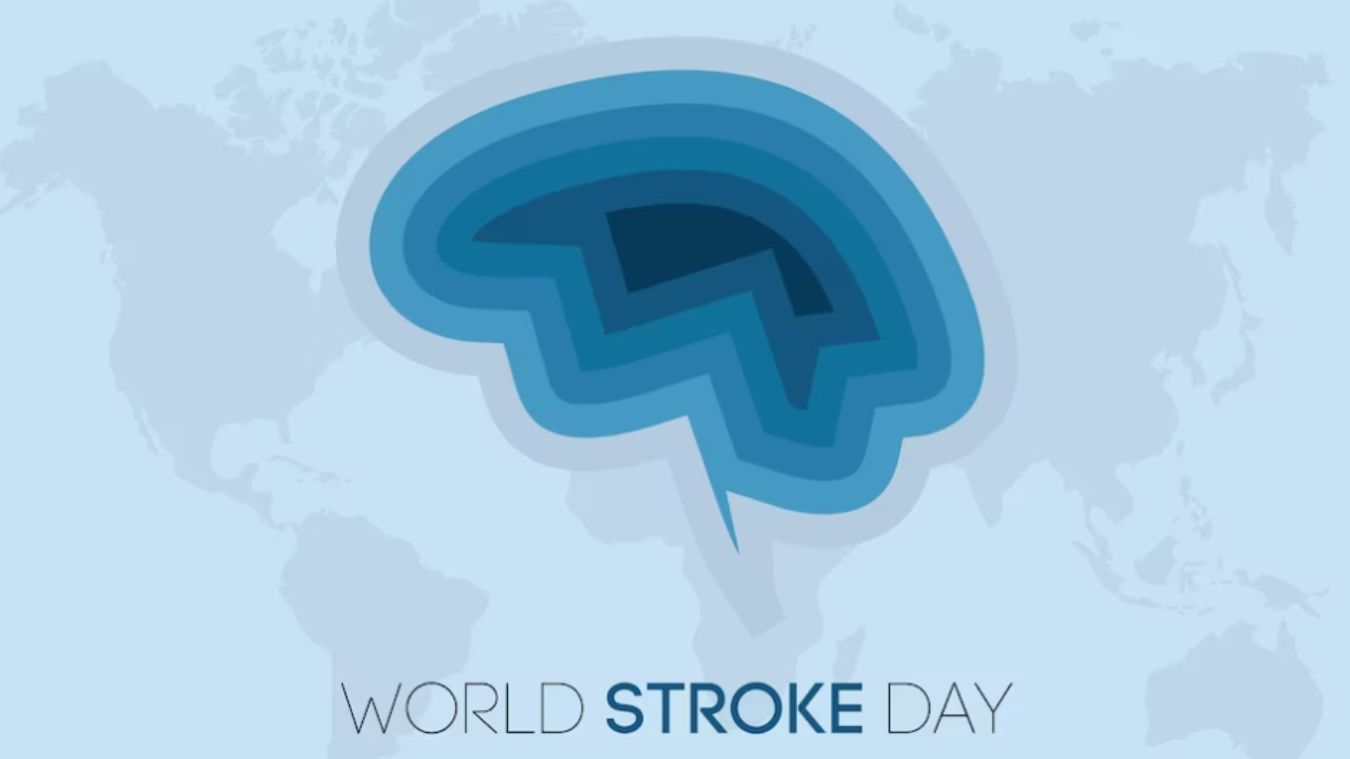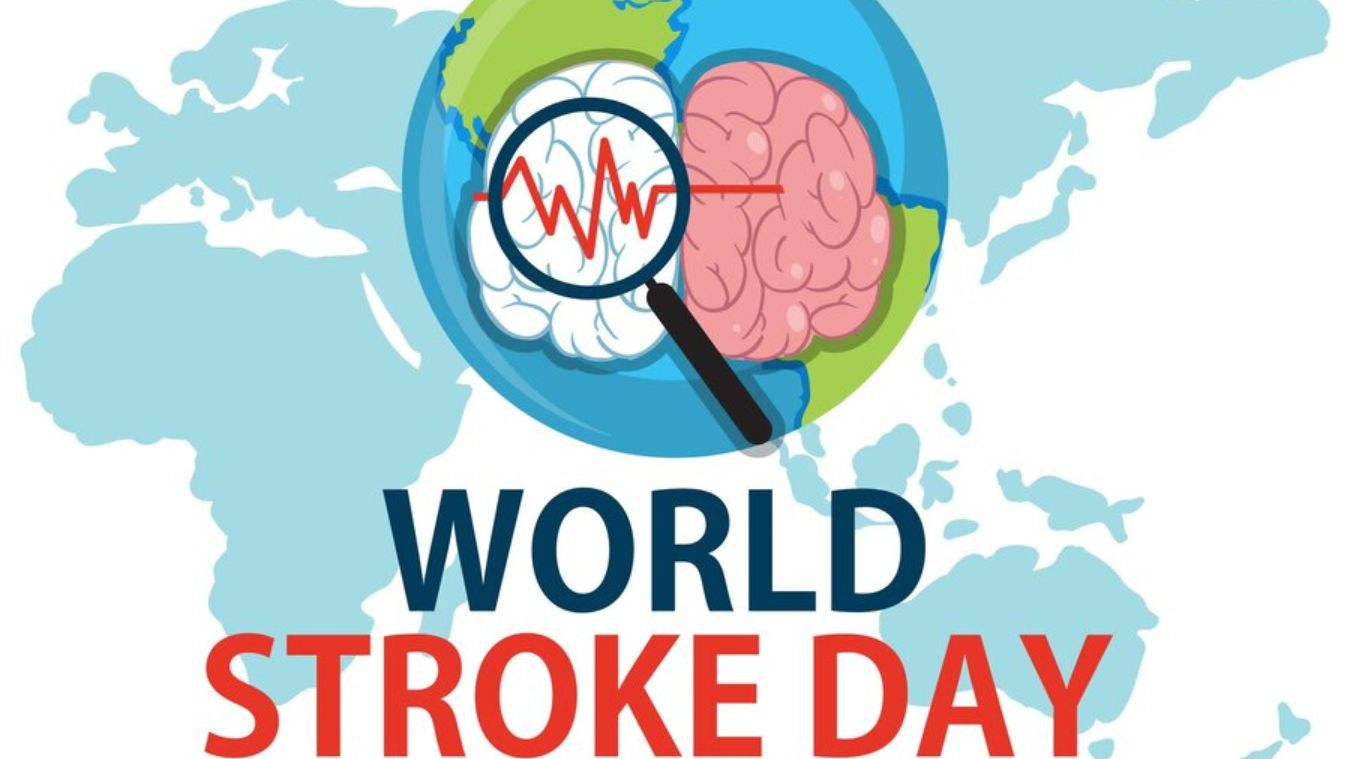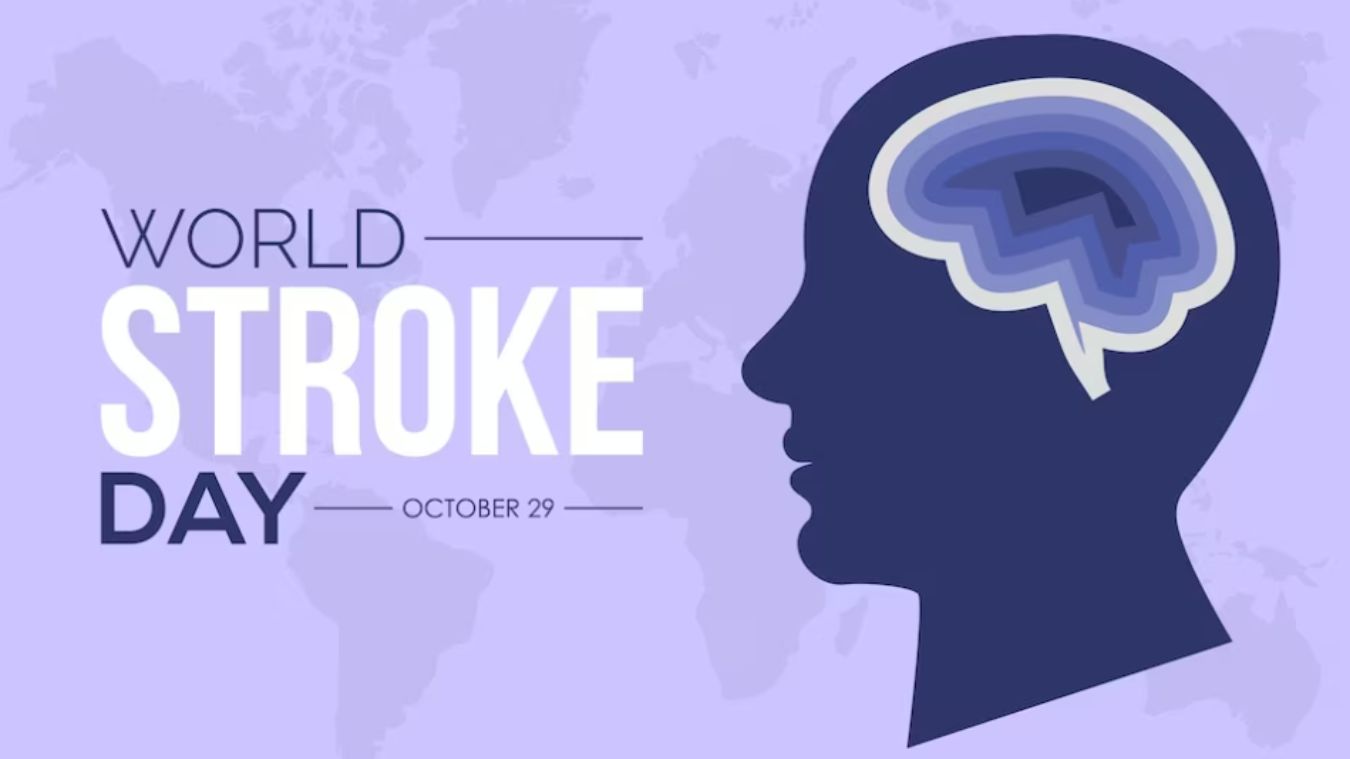- By Priyanka Munshi
- Sat, 28 Oct 2023 11:56 AM (IST)
- Source:JND
World Stroke Day 2023: A silent brain stroke is a kind of stroke shows no visible symptoms. A quiet stroke is asymptomatic, making it challenging to diagnose without sophisticated medical imaging, in contrast to a conventional stroke, which has abrupt and evident indications like paralysis or numbness.
On the other hand, it can affect the brain permanently. These "silent" strokes usually happen when a tiny blood vessel in the brain becomes blocked, depriving part of its blood supply. This can harm brain cells over time, increasing the chance of strokes in the future and causing cognitive issues, including memory loss.

These "silent" strokes usually happen when a tiny blood vessel in the brain becomes blocked, depriving part of its blood supply. (Image Credit: Freepik)
Silent brain strokes may not be evident right away, but over time they can have a substantial impact on brain health and function, which emphasises the significance of early detection and preventive actions.
Also Read: 5 Health Benefits Of Adding Lemon Tea Into Your Morning Routine
Dr. Sanjay Saxena, who is a senior director and HOD in neurology at Max Super Speciality Hospital in Patparganj, exclusively told Jagran English about what a silent brain stroke is and how it affects the brain.
Dr. Sanjay said, "Some individuals experience strokes without being aware of them. These are referred to as silent strokes, and they typically manifest with inconspicuous or forgotten symptoms, yet they inflict enduring damage on the brain. The brain damage incurred can lead to significant cognitive deterioration and, in severe cases, even mortality. Additionally, it can contribute to the development of vascular dementia. Although the damage is irreversible, rehabilitation and the cultivation of healthy habits can empower stroke survivors to mitigate the consequences and avert future strokes."

A silent brain stroke is a kind of stroke shows no visible symptoms. (Image Credit: Freepik)
He also added, "Detecting a silent stroke is usually a challenging task, as individuals often remain unaware of its occurrence unless they undergo a brain scan that reveals the damage. Occasionally, individuals may experience minor memory issues or mild mobility difficulties, yet healthcare professionals may identify signs of silent strokes through clinical evaluation without the need for extensive testing. The likelihood of experiencing a stroke is heightened in individuals with high blood pressure, heart disease, vascular issues, diabetes, or irregular heart rhythms like atrial fibrillation."
Also Read: 5 Ways To Loose Excess Hip Fat Naturally
At last, Dr. Sanjay Saxena gave some advice on adopting certain lifestyle modifications to diminish the risk of stroke.
Monitor and manage high blood pressure effectively.
Keep a check on your cholesterol levels.
Maintain appropriate blood sugar levels.
If you smoke, take measures to quit.
Embrace a balanced diet rich in fresh fruits, vegetables, and whole grains while reducing consumption of saturated fats (commonly found in red meat), salt, and sugar.
Engage in regular physical activity.
Maintain a healthy body weight.

